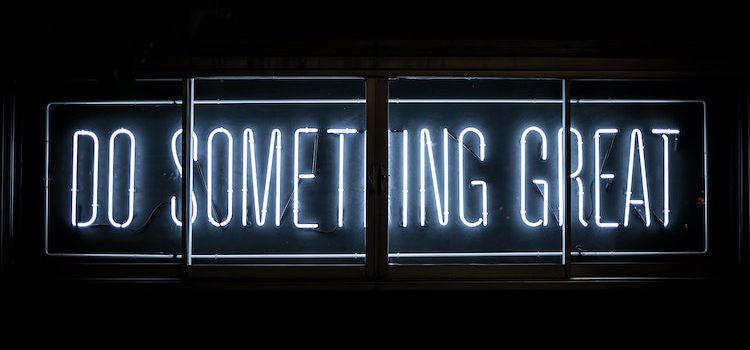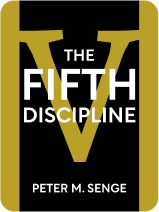

This article is an excerpt from the Shortform book guide to "The Fifth Discipline" by Peter M. Senge. Shortform has the world's best summaries and analyses of books you should be reading.
Like this article? Sign up for a free trial here.
Does your organization have a common mission? How can you help your organization to be true to its mission?
Your organizational mission is your company’s end goal. Without a clear and ambitious end goal, your organization won’t reach its true potential. According to Peter Senge, commitment to the common mission forms when people orient their personal objectives toward the overarching goal of the organization.
Here’s how your organization’s common mission drives performance.
How Company Mission Drives Performance
An organizational mission gives the organization the energy and perseverance to work toward its long-term goals. Organizations that don’t have a common mission, on the other hand, won’t work as hard because the employees don’t have that motivation.
That doesn’t mean everyone has exactly the same mission, or that they sacrifice their personal aspirations for the organizational mission. Rather, everyone’s personal motivations influence how they view the common mission: Each person will approach the common mission in a slightly different way based on their own experiences, duties, and worldview. In fact, when coming up with a common mission, Senge advises you to find out what’s most important to each of your employees and to try to work those goals into it.(Shortform note: We can adapt a tool from Angela Duckworth’s Grit to help align your employees with a common mission. In the context of personal growth, Duckworth suggests setting yourself an audacious overarching goal, then coming up with a series of smaller, manageable goals that each get you closer to that single end goal. From a company perspective, the common mission would be that overarching goal, and employees’ personal objectives are the smaller goals supporting it. You can then break down the individual goals into even smaller actions to determine how your company can support your employees’ goals and thus support its own common mission.)
For example, say a sneaker manufacturer creates a common mission that everybody in the country will have at least one good, solid pair of sneakers. A company survey then reveals that many employees have personal goals of caring for their families and improving the local community. The company might weave those missions together by offering employee discounts (helping them care for their families by giving them shoes) and organizing charity drives to give shoes to impoverished and homeless people (helping employees create positive changes in the community). In this way, a common mission bolsters the company as a whole and the employees as individuals.
(Shortform note: Life coach Jim Kwik says that a lot of our thoughts are attempts to answer our dominant questions: the questions that we ask ourselves repeatedly each day. For example, a business owner might ask, “How can I improve customer satisfaction?” while a boxer might ask, “How can I win my upcoming fight?” Such questions are important because they help us filter through all the information we encounter each day and look for information that’s relevant to answering them. So, if we consider a common mission to be like a dominant question for an entire organization, we can see how just having one will help employees to focus their thoughts and their efforts on finding ways to accomplish it.)

———End of Preview———
Like what you just read? Read the rest of the world's best book summary and analysis of Peter M. Senge's "The Fifth Discipline" at Shortform.
Here's what you'll find in our full The Fifth Discipline summary:
- Why an organization should encourage its members to constantly learn and develop their skills
- The five disciplines for creating an evolving organization
- Why you should constantly assess and update what you think you know






